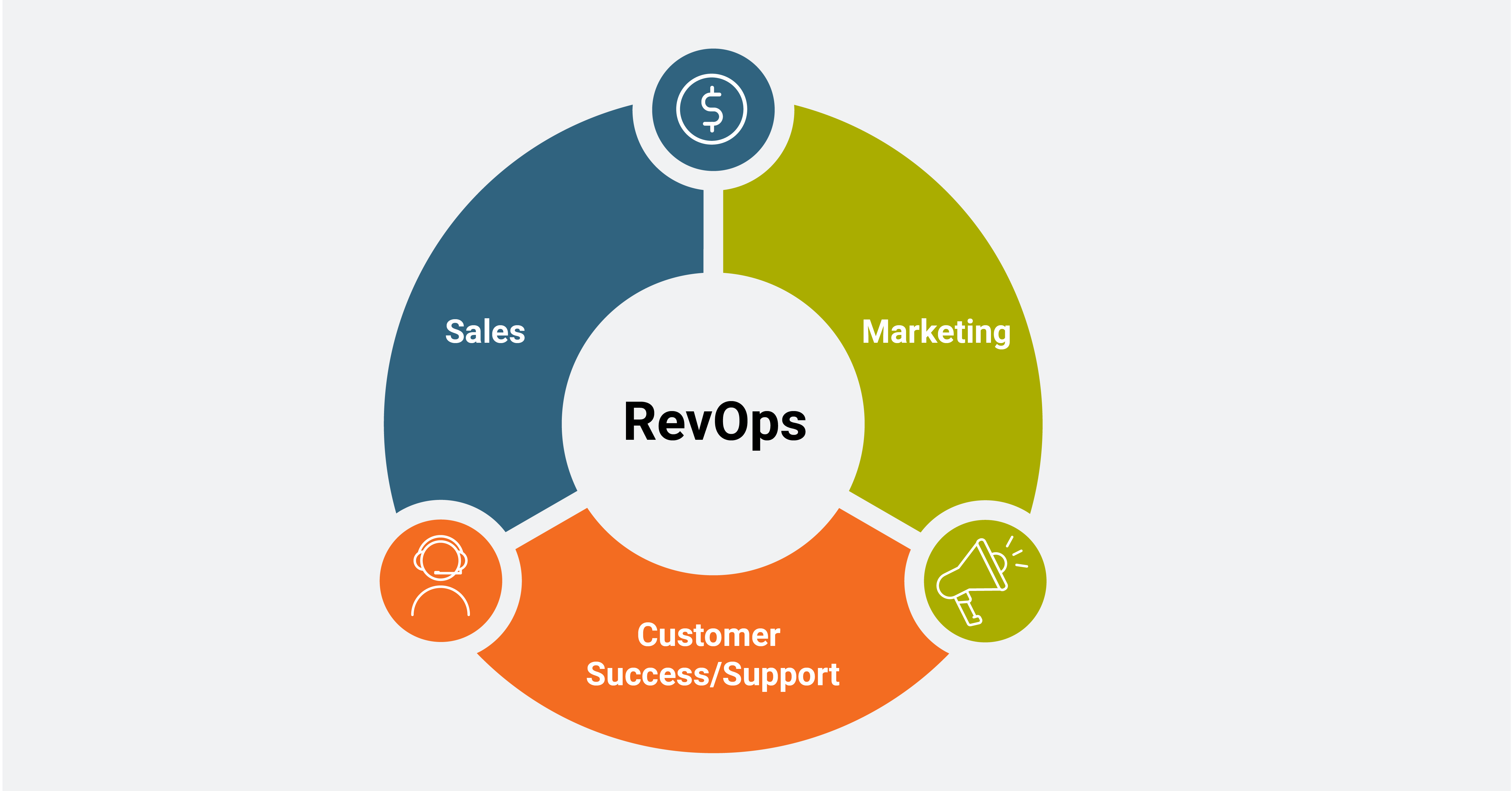FILE – The facade of the New York Stock Exchange. PowerSchool Holdings Inc., a Folsom company that develops software for K-12 schools, completed its first public stock offering early Wednesday. The company was poised to raise as much as $907 million as it debuted on the New York Stock Exchange under the ticker symbol “PWSC.”. (AP Photo/Richard Drew, File)
AP
Rarely does a company from the Sacramento area make a big splash on the stock market. Wednesday was one of those days.
PowerSchool Holdings Inc., a Folsom company that develops software for K-12 schools, completed its first public stock offering early Wednesday. The company raised $710.5 million as it debuted on the New York Stock Exchange under the ticker symbol “PWSC.”
PowerSchool’s initial public offering, or IPO, was the largest in years for a company based in the Sacramento area — and a boon for the region’s small tech community. It’s also a rebuke of sorts to the long-held belief in some quarters that Sacramento is a difficult place to do business for technology companies.
“We have definitely proven that wrong,” said Hardeep Gulati, chief executive at PowerSchool. “We have grown the business as well as thrived. … This is a testament to Sacramento.”
PowerSchool went public at $18 a share, the low end of its estimated offering price. The company has granted its investment underwriters an option to buy 5.9 million additional shares at the $18 price. If the underwriters exercise the option, the offering would raise an additional $106 million for PowerSchool for a total of $816 million.
An IPO is a milestone for any company. Not only is it an effective way to raise money, it can boost a company’s visibility and strengthen its credibility. Once it’s public, its financial results are an open book to everyone, including vendors and customers.
In PowerSchool’s case, that includes 12,000 school districts in 90 countries that use its software.
“Districts can trust us, as well as know that we’re continuing to invest in our business,” Gulati said.
Wednesday’s stock offering was years in the making. PowerSchool was founded in the late 1990s and was sold to Apple in 2001 for $62 million. Apple sold the business five years later to British publisher Pearson PLC for an undisclosed price. In 2015, about the time it moved its headquarters to Folsom from Rancho Cordova, the company was spun off by Pearson to a group led by two private equity firms.
The public stock sale “further validates our journey that we’re going to be a standalone company,” Gulati said.
PowerSchool’s products help teachers and administrators manage their data, including attendance, grades and homework assignments. The COVID-19 pandemic helped drive software sales as schools scrambled to adapt to distance learning.
“COVID has been a seminal moment in education,” Gulati said.
Company has made a dozen acquisitions
PowerSchool employs 3,000 workers around the world, including 500 in Folsom. But while it’s been around for decades, it’s still a work in progress. Last year, it lost $46.7 million on sales of $434.9 million; the year before it lost $90.7 million on revenue of $365 million. Although it eked out a $483,000 profit in the first three months of this year, the company has warned investors of more red ink to come.
“We have a history of cumulative losses and we do not expect to be profitable for the foreseeable future,” the company wrote in a filing with the Securities and Exchange Commission.
Even unprofitable companies can be good investments if they’re growing — and PowerSchool is definitely on an upward trajectory. The company has made a dozen acquisitions since becoming independent again in 2015 as it expands its portfolio of education software. About a third of the proceeds from Wednesday’s public offering will repay a $320 million loan to finance a major purchase earlier this year,
“The IPO itself is a launching pad for us to grow even further,” Gulati said.
It’s also a launching pad of sorts for those who make a living trying to lure companies to Sacramento. According to the Sacramento Business Journal, PowerSchool is one of just 13 public companies based in the region.
“It’s a really big deal for our community,” said Michelle Willard, spokeswoman for the Greater Sacramento Economic Council. “It shows that a startup tech company can grow and expand here based on our talent pool.”





